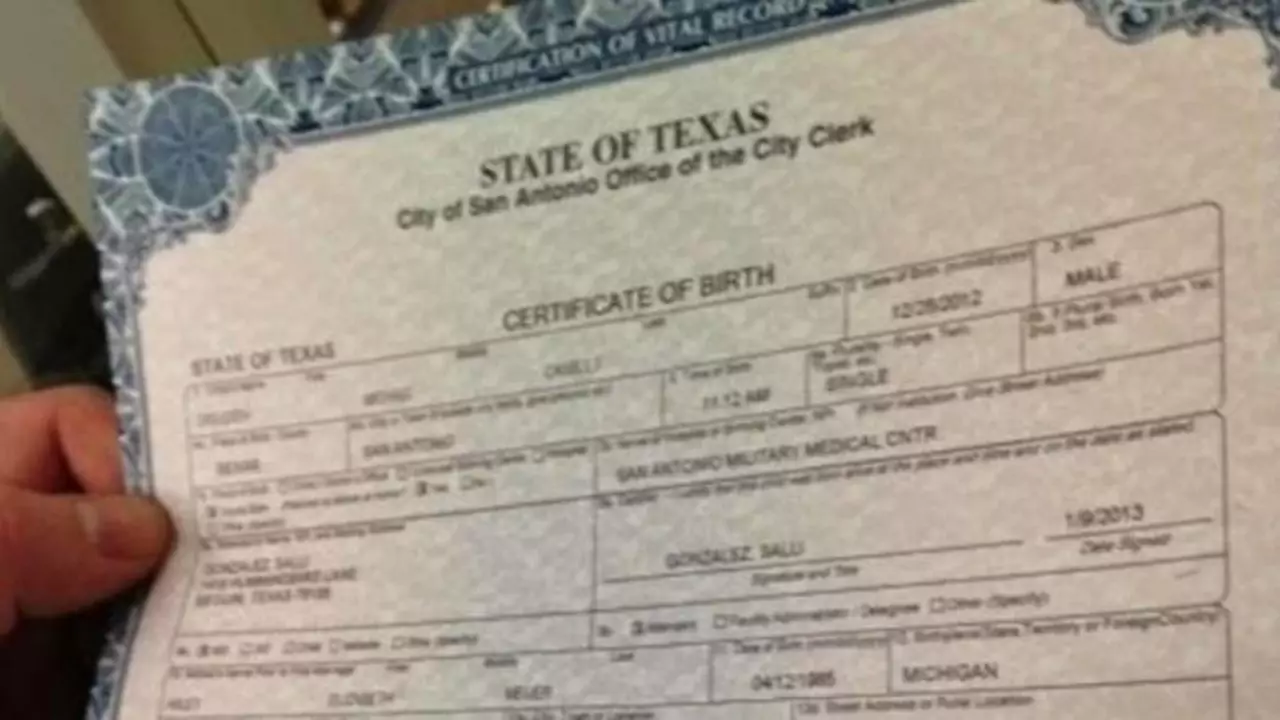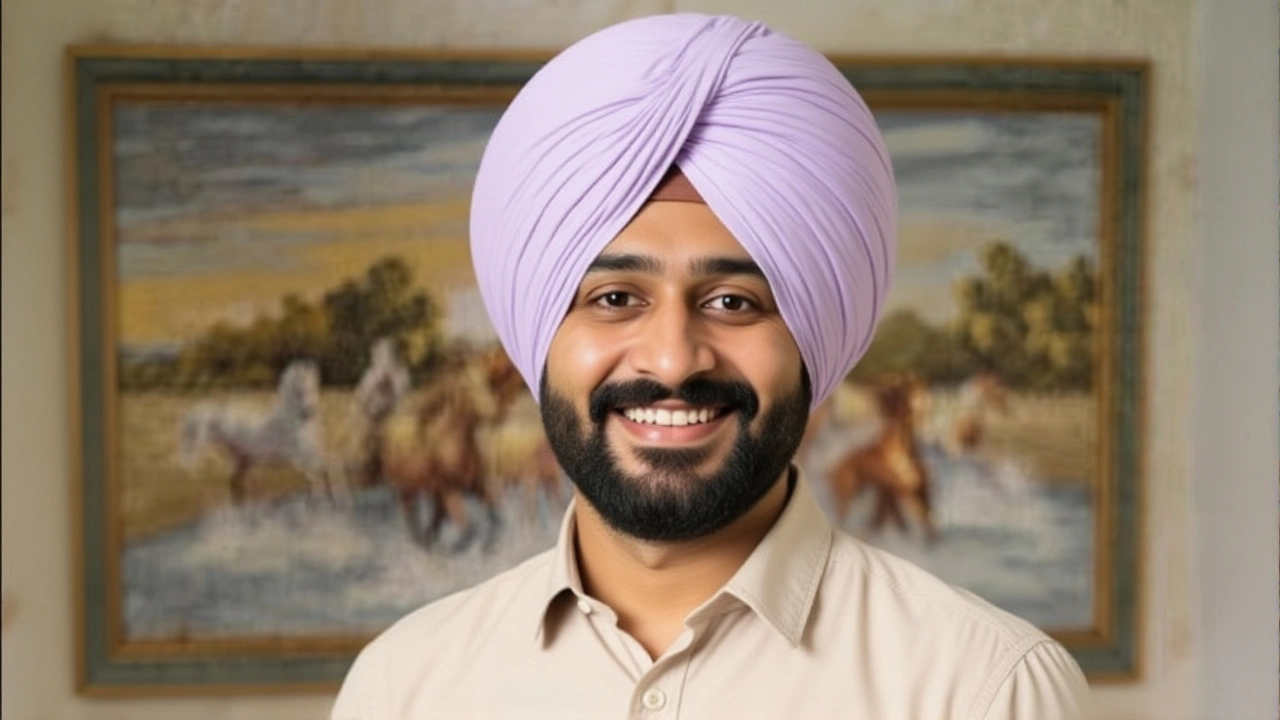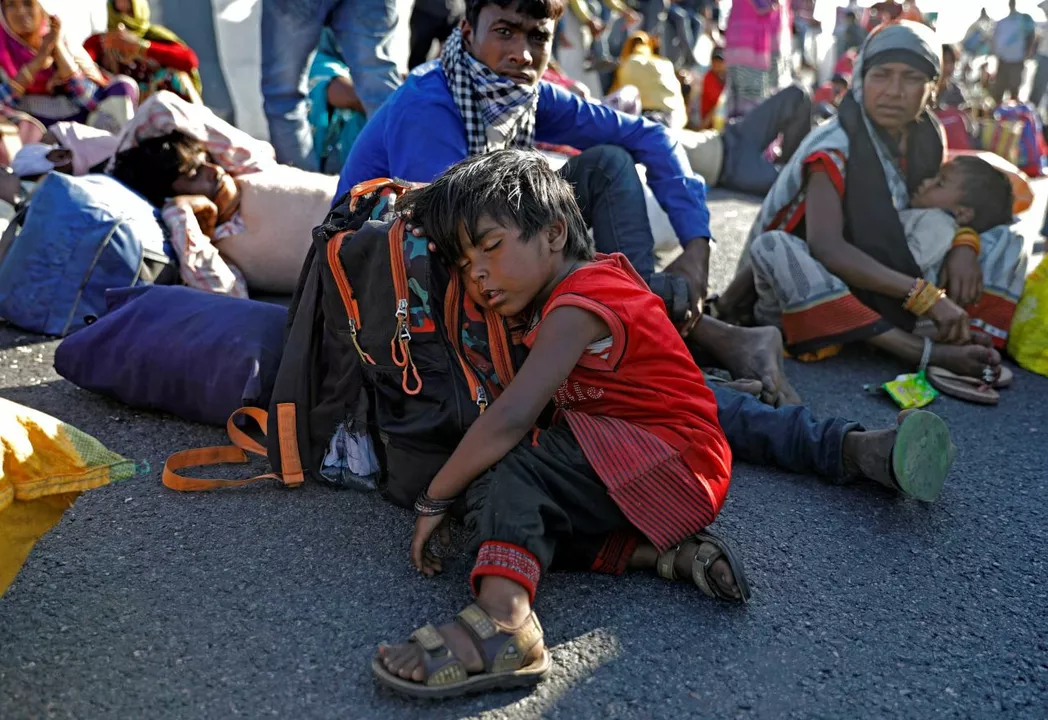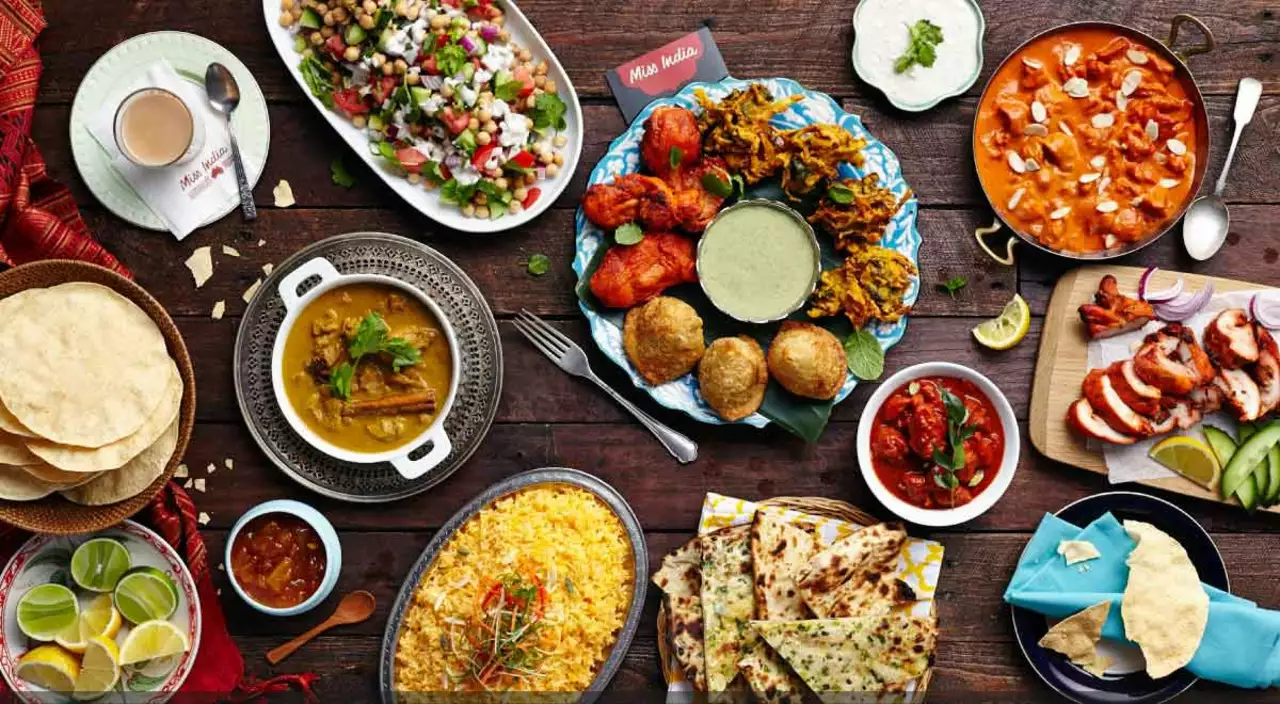Indian nationality: what it means and how it affects your choices
Being Indian can mean different things—legal citizenship, cultural identity, or just where your family is from. Legally, India does not allow dual citizenship. If you take another country's passport, you lose Indian citizenship. There is an alternative called the OCI card (Overseas Citizen of India) that gives long-term travel and residency benefits, but it is not full citizenship. Keep that rule in mind when you weigh jobs, family, and life plans abroad.
Deciding whether to stay abroad or move back
Most people decide based on three simple things: purpose, people, and practicals. Purpose: does your career or studies need a foreign base? People: are your closest ties in India or where you live now? Practicals: think taxes, healthcare, cost of living, and legal status. Make a short pros-and-cons list with numbers—salary after taxes, rent difference, healthcare costs, and how often you’ll visit family. Emotional reasons matter, but numbers keep the decision realistic.
If you’re in the USA or UK, check visa paths carefully. If you plan to return to India, research job markets in the city you’ll move to—Mumbai’s startup scene, Delhi’s government and corporate jobs, Bangalore’s tech market. For shorter moves, OCI can make re-entry easier. If you value public services and lower cost of living, India might win. If you need social security, stable wages, or a different lifestyle, staying abroad may make sense.
Daily life, identity and small practical tips
Life abroad can be exciting but lonely. Find local Indian communities for festivals, food, and advice. Food is a fast way to feel at home—cook familiar snacks like samosa, pani puri, or a simple dal. If you miss home-cooked meals, learn a few go-to recipes and pack spices in your carry-on.
Feeling torn about your country is common. If you love Australia’s lifestyle or London’s buzz, list specific things you like and see if they’re achievable in India or by moving. Talk to people who already made the switch; ask specific questions about housing, commute, and social life. If you need guidance, a local life coach can help clarify goals—look for referrals, read reviews, and try a short trial session before committing.
Religion and regional identity matter, too. For example, Nagaland has a high Christian population and a different cultural feel than many other states. Know the local culture where you plan to live in India—this affects schools, social life, and even job fit.
Finally, keep paperwork tidy: passport validity, visa conditions, tax filings, and OCI or PIO status. Small admin mistakes cause big headaches. Make a checklist, set deadlines, and ask your consulate if you’re unsure. Practical prep makes whichever choice you make feel less risky and more doable.
Well, folks, let's dive into this spicy topic - is a birth certificate proof of Indian nationality? My research says 'no', it's not. It's like saying your mom's curry recipe makes you a chef! A birth certificate shows you were born in India, but that's not enough to prove nationality. Just like being able to make a decent cup of masala chai doesn't make you the next MasterChef. So, there you have it, friends - birth certificate isn't the ultimate ticket to Indian nationality, just like my mom's curry recipe isn't my ticket to a cooking show!
View More




